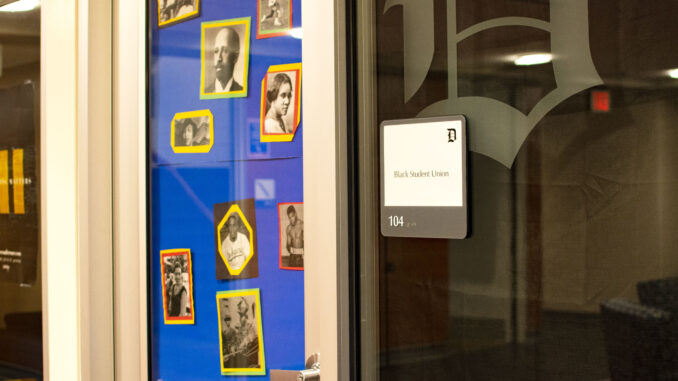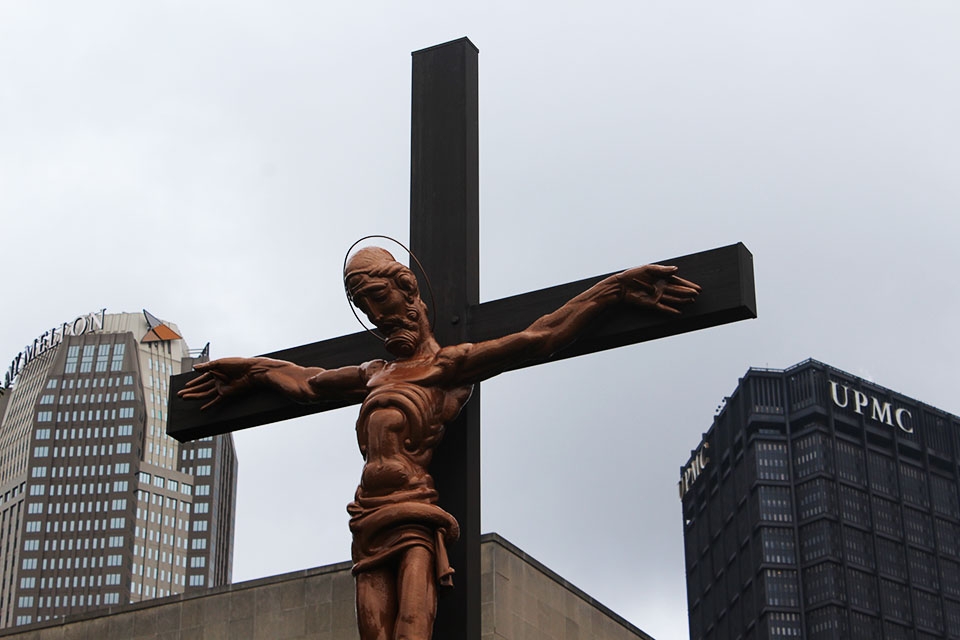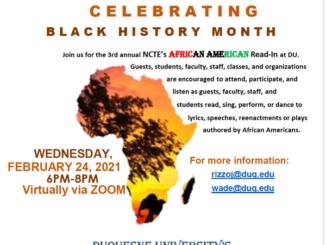
Colleen Hammond | News Editor & Managing Editor
On Thursday, Sept. 17, President Ken Gormley outlined his plan for increased diversity and inclusion on Duquesne’s campus.
This letter came as a response to the demands of Duquesne’s Black Student Union (BSU) in conjunction with over a dozen other minority organizations.
BSU’s letter included a variety of long-term and short-term demands for the future, including an anonymous racism report- ing system and increased mental health resources for Black and brown students.
BSU published this letter and sent it to Gormley and other top administrative officials July 27. Now, nearly two months later, Gormley has publicly responded.
“Actions will prove the power of our words, but it’s important to start our work by stating unequivocally that Black lives matter at Duquesne,” Gormley stated.
He claimed he has spoken with BSU leadership to address their concerns, and will soon begin “listening sessions” in which he will listen to the concerns of mi- nority students and staff.
Gormley stated he will be rolling out a “Master Plan” for diversity and inclusion in the coming weeks, akin to the one released about re- turning to campus this fall.
To construct this “Master Plan,” Gormley has recruited a “task force” to address problems of di- versity and the unique struggles of minority students on campus.
“We must do the same to make Duquesne live up to its poten- tial with respect to diversity and inclusion, and I am committed to those conversations, as is my leadership team,” Gormley said.
Despite Gormley’s willingness to improve Black students’ and faculty’s experiences on campus, BSU’s demands have not been met yet.



